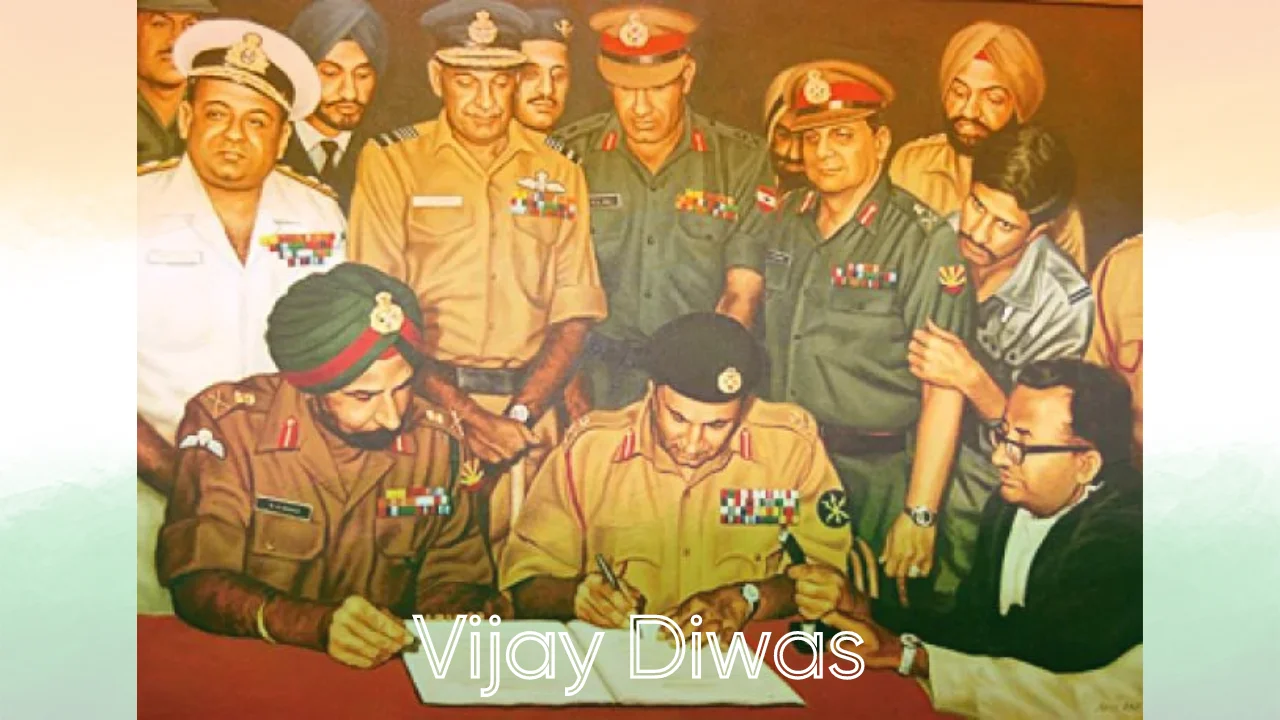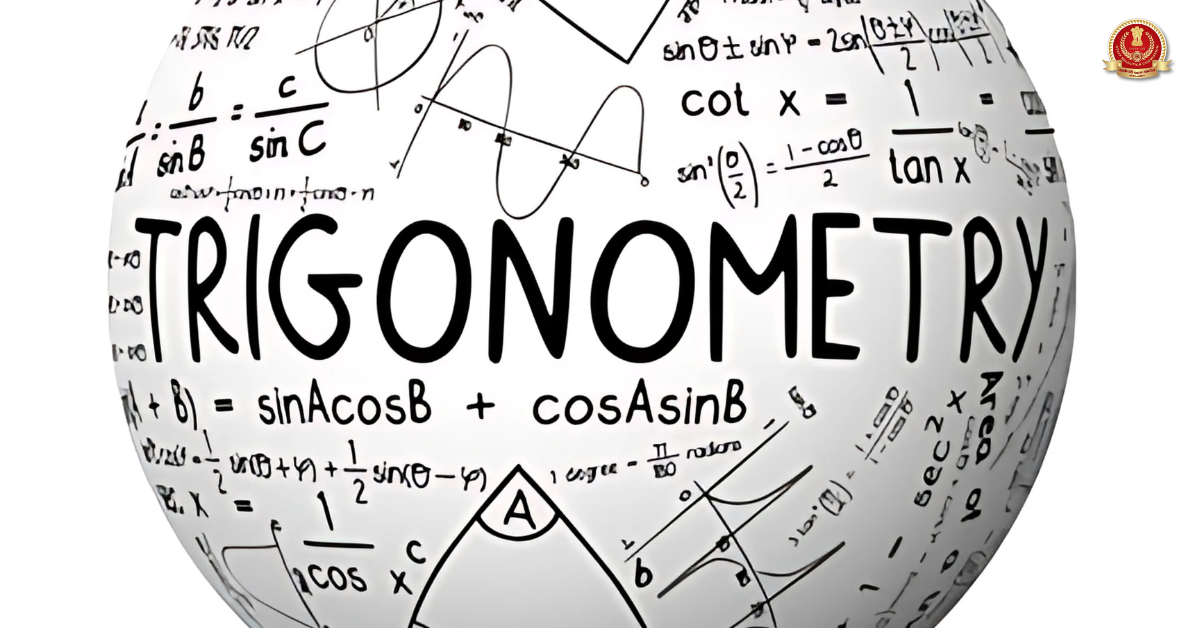52nd Vijay Diwas 2023
The 52nd Vijay Diwas, which will be celebrated on 16 December 2023, commemorates the victory of the Indian Armed Forces over Pakistan in the 1971 Indo-Pakistani War. The war began on 3 December 1971, when India launched a pre-emptive strike against Pakistan. The war ended on 16 December 1971, with the surrender of the Pakistan Army in East Pakistan, which led to the creation of the independent nation of Bangladesh.
1971 Indo-Pakistan War
The Indo-Pakistani War of 1971 was a pivotal conflict that reshaped the geopolitical landscape of South Asia. It unfolded between India and Pakistan from December 3 to December 16, 1971, culminating in the surrender of Pakistani forces in East Pakistan, leading to the birth of Bangladesh as an independent nation.
Background
The roots of the war can be traced back to the 1947 partition of British India, which resulted in the creation of India and Pakistan. The division of Bengal, a predominantly Muslim-populated region, sparked tensions between the two nations. In East Pakistan, the Bengali population, constituting about 55% of Pakistan’s total population, faced discrimination and neglect from the predominantly Punjabi-speaking ruling elite in West Pakistan.
In 1970, Bengali nationalist movements gained momentum, demanding greater autonomy and recognition of their cultural identity. The Awami League, led by Sheikh Mujibur Rahman, emerged victorious in the 1970 general elections, but the Pakistani government refused to hand over power. In response, the Awami League declared East Pakistan an independent nation, triggering a crackdown by the Pakistani military.
The War
On December 3, 1971, India launched a preemptive strike against Pakistan, providing military support to the Bengali freedom fighters. The war unfolded on two fronts:
Eastern Front: Indian forces, along with the Mukti Bahini, the Bengali guerrilla force, swiftly defeated the Pakistani Army in East Pakistan.
Western Front: Indian forces launched a limited offensive in West Pakistan but did not achieve their objectives.
The Aftermath
On December 16, 1971, Pakistan surrendered its forces in East Pakistan. The surrender led to the creation of Bangladesh as an independent nation, with Sheikh Mujibur Rahman as its first Prime Minister.
The war had far-reaching consequences for the region:
- The emergence of Bangladesh as an independent nation altered the geopolitical balance of South Asia.
- India’s military victory strengthened its position as a regional power.
- Pakistan’s defeat led to political turmoil and instability within the country.
- The war deepened the distrust and animosity between India and Pakistan.
Vijay Diwas Significance
The Indo-Pakistani War of 1971 stands as a testament to the power of self-determination and the struggle for freedom. It also highlights the complexities of post-colonial nation-building and the challenges of ethnic and linguistic diversity in South Asia. The war’s legacy continues to shape the relations between India, Pakistan, and Bangladesh.
- Why is The SSC CGL Called a Mini IAS?
- Important Number System Questions for SSC Exams, Practice Here
- Trigonometry Questions For SSC CGL 2025, Solve Important Questions
- How to Prepare for SSC CGL with Full Time Job? Get Complete Guide
- 40 Geometry Formulas PDF – Download Here
- RRB ALP Mock Test 2025 Official Link , Know How to Solve

Hello, I’m Aditi, the creative mind behind the words at Oliveboard. As a content writer specializing in state-level exams, my mission is to unravel the complexities of exam information, ensuring aspiring candidates find clarity and confidence. Having walked the path of an aspirant myself, I bring a unique perspective to my work, crafting accessible content on Exam Notifications, Admit Cards, and Results.
At Oliveboard, I play a crucial role in empowering candidates throughout their exam journey. My dedication lies in making the seemingly daunting process not only understandable but also rewarding. Join me as I break down barriers in exam preparation, providing timely insights and valuable resources. Let’s navigate the path to success together, one well-informed step at a time.






